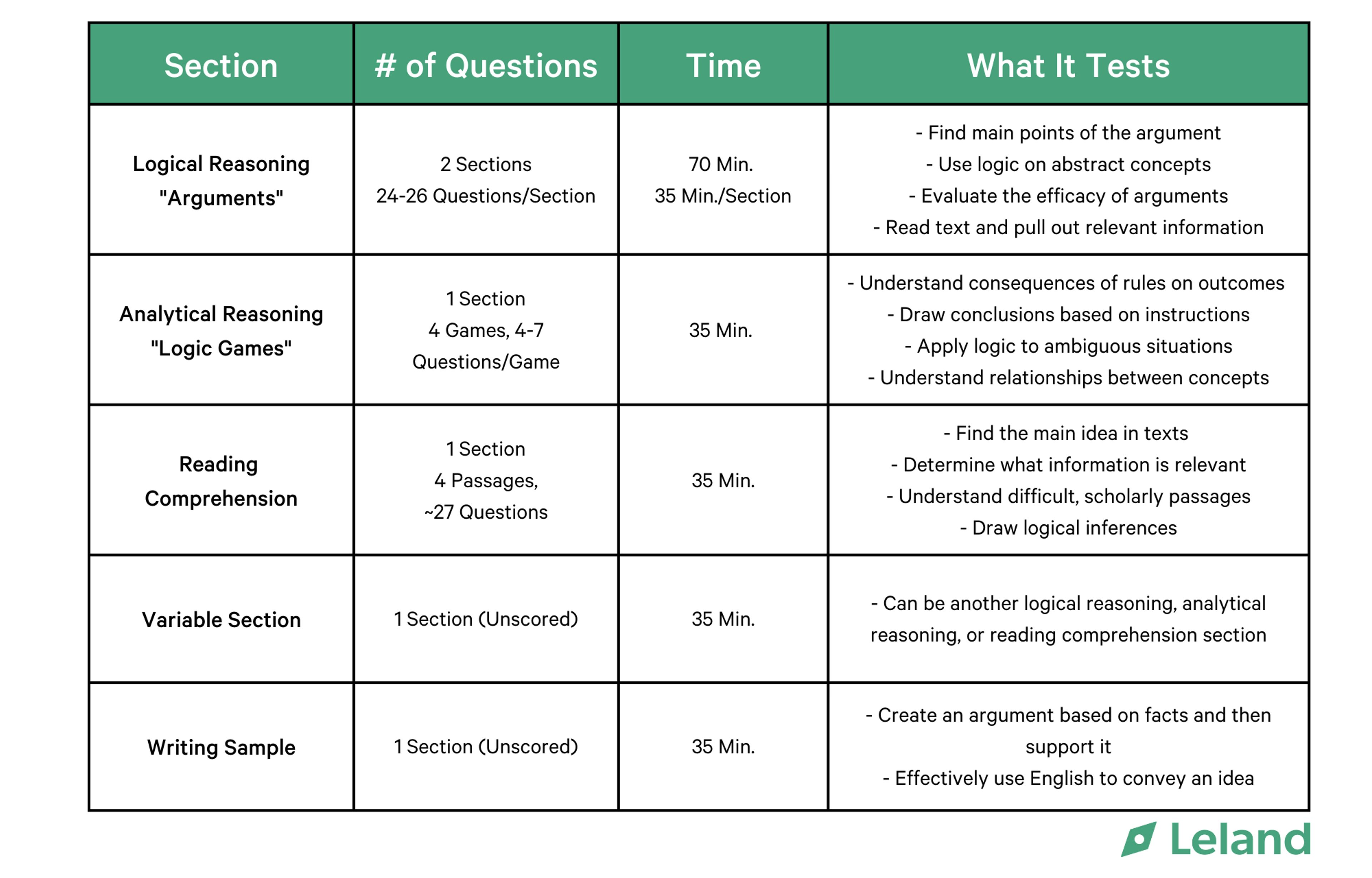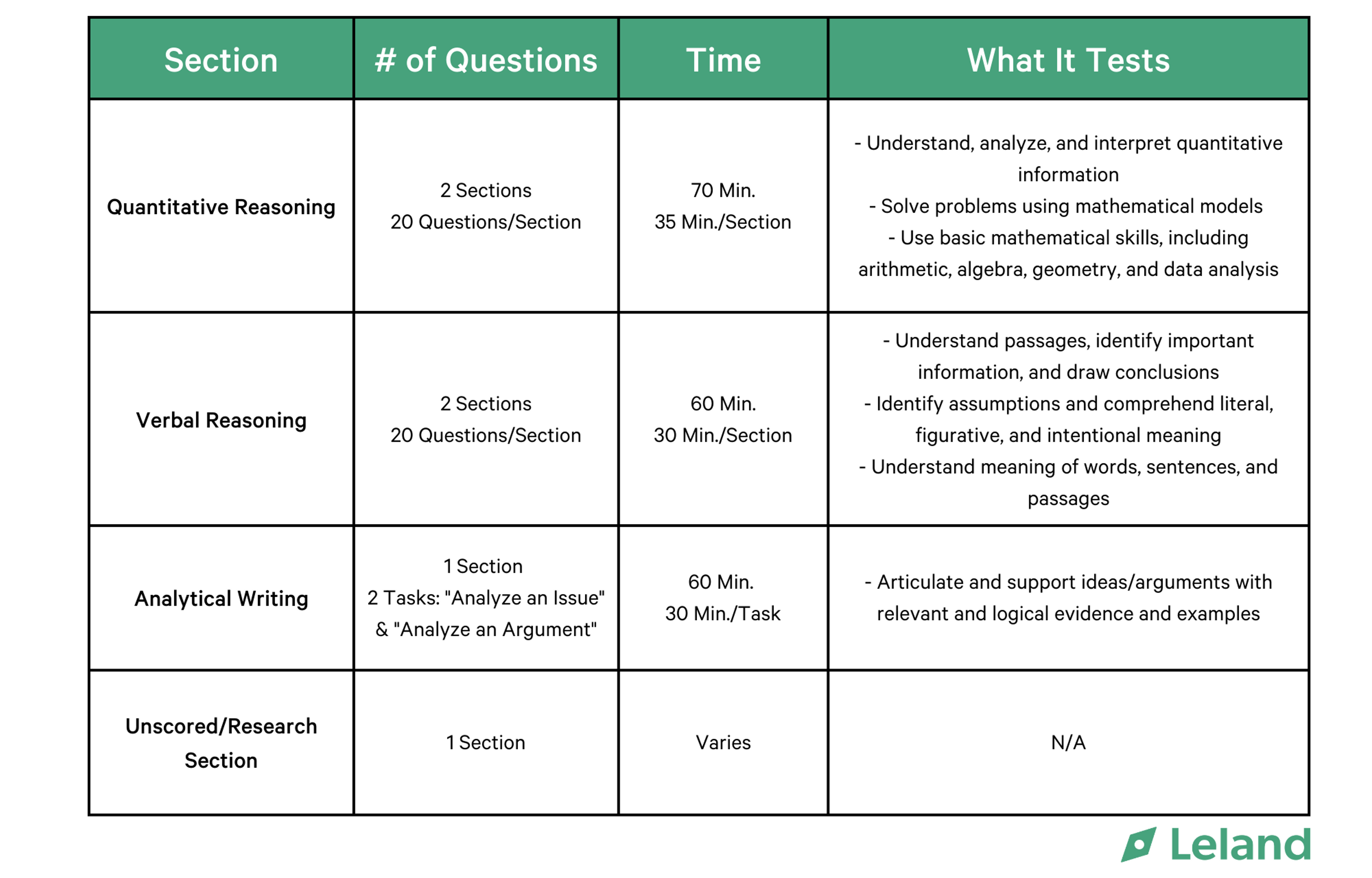LSAT vs. GRE for Law School–Which to Take and How to Ace Both
Over 50 law schools now accept the GRE as well as the LSAT for admissions. In this article, we'll help you decide which test is better suited to your unique skillset and provide tips and tricks for success in each.
Posted March 6, 2025

Table of Contents
Free Event

Featuring Indrani S.
Law School App Office Hours with a Former Stanford AdCom Member
Starting Thursday, April 17
11:30 PM UTC · 45 minutes

Featuring Indrani S.
Law school admissions typically require that applicants take one of two tests: the Law School Admissions Test (LSAT) or the Graduate Record Examination (GRE). As the names imply, the LSAT is specific to law school while the GRE is applicable to many other programs.
LSAT vs. GRE
Overview of the LSAT
Though they are both accepted, the two exams test different skills. The LSAT assesses an applicant’s ability to think critically, analyze arguments, and make logical conclusions. It is used not just in the United States, but worldwide. The test is accepted by all ABA-accredited law schools and many non-ABA-accredited law schools.
The LSAT is composed of five multiple-choice sections as well as a writing sample. The multiple-choice sections include analytical reasoning, reading comprehension, two logical reasoning, and an unscored variable section. The writing sample isn’t scored but is sent to the schools you’re applying to. The LSAT is offered around eight times a year and it’s possible to take it up to three times a year, five times in five years, or seven in a lifetime.

Overview of the GRE
The GRE, on the other hand, is a more general test that measures quantitative skills (arithmetic, algebra, geometry, and data) and verbal skills (vocabulary, reading comprehension). The GRE is also accepted in several other countries including the United Kingdom, Canada, and Germany, among others. The GRE is accepted by most law schools, though not all. It includes three official sections: quantitative reasoning, verbal reasoning, and analytical writing, as well as an unscored research section.

LSAT vs. GRE: Scoring
The LSAT score is calculated from the number of questions answered correctly across all the different sections. In other words, no question is weighted more heavily than another. It’s scored on a scale of 128-180 and each question is worth around one point. There is also no deduction for incorrect answers. LSAT scores are valid for five years, after which you’ll need to take it again.
The GRE, on the other hand, is a little more complicated. If you take it on the computer, the two reasoning parts are “section-level adaptive.” This means that how well you do on the first few questions will determine the difficulty level of questions later in the section. The system only takes into account the number of questions answered correctly or incorrectly; it does not break them down by type of question. This also means that how well you do on the first part matters slightly more than how well you do on the second, though you should still consider every question equally important.
Your raw score–the number of questions you got right–is then converted to a scaled score, which considers the difficulty level. The analytical writing portion is graded by a real person as well as a computer and if the two scores are similar, the average is taken as the final score. The scores for Quantitative and Verbal Reasoning are on a scale of 130-170 while the writing section is scored from zero to six. Like the LSAT, GRE scores are valid for five years. You can take it pretty much any day of the year and up to five times each year, there is no lifetime limit on attempts.
Regardless of which test you choose to take, prepare well in advance. Research and use different resources, including study guides, practice tests, sample questions, and coaching that suit your learning style and schedule. If you’re more inclined to take the GRE, make sure that the schools you’re interested in accept it as an alternative to the LSAT.
Which Should You Take?
Whether you should take the LSAT or the GRE depends heavily on your skillset. In general, you should take the test that you will do the best on. Before you start preparing for one or the other, we recommend taking a practice test for each while simulating real-world conditions, including the time limits, number of breaks, etc. Look at both to see which you scored higher on (use the ETS converter here) and think about which one felt better suited to your abilities.
Typically, if you are stronger in math than reading and writing, the GRE is the way to go. However, keep in mind that law schools weigh the verbal section more than the quantitive due to their curriculum. But, if you have strong vocabulary and reading skills and are not quite as adept at logic and reasoning, the GRE might still be the better choice. Potential law school candidates who don’t feel as comfortable with math, though, will probably choose the LSAT. Dual-degree applicants often find the GRE more applicable to both programs and go in that direction.
Also, where the LSAT is offered only eight times a year, the GRE is available almost every day. If you’re studying and taking the exam last minute, this may factor into your decision. In almost every case, we don’t recommend trying to study for and take both the LSAT and GRE; they require a substantial time commitment and most of the material does not overlap.

Harvard Law School — Resume Template & Example
Download this free HLS resume template and example to help you prepare the strongest application possible
Tips for Success on the LSAT and GRE
There are some general strategies that will help you on both standardized tests.
Start preparing as early as possible – Both tests are challenging and it’s wise to give yourself as much time to study as possible. It also means you’ll have a buffer if you take the exam and don’t get your target score.
Practice, practice, practice – The best way to feel comfortable with the different sections of the exam and types of questions is to practice. There are over 90 official practice LSAT exams out there, take them as part of your study plan. There are not as many GRE practice exams but there are a lot of sample questions.
Take care of yourself mentally and physically – This means eating well, getting enough sleep (consistently), and taking breaks when you need them. Many applicants choose not to study the day before the exam to give themselves a chance to decompress. Only you know what your limits are, pay attention to them.
Now, let’s dive into specifics.
How to Ace the LSAT
- Don’t leave questions unanswered: There are no penalties for wrong answers so give yourself the best chance of getting the most correct. When time is close to running out, fill out the rest of the questions (this strategy also applies to the GRE). You don’t need to get every single question correct to get a perfect score on the LSAT.
- Change your perspective: Go into problems–and the logic games in particular–considering them as just that, games. If you regard them as such, they become less scary and more approachable.
- If you have time, study formal logic: Formal logic is one of the most difficult parts of the LSAT. If you have time to take a class (or classes), you’ll be better prepared to succeed.
- Practice your weaker areas: Don’t just measure your progress by total score, but also by section. You want to improve overall, of course, but one of the best ways to do this is by getting better at the sections in which you consistently score lower.
- Use the process of elimination: When it comes to non-mathematic reasoning questions, it’s often easy to justify why a question could be correct. Rather than falling into this trap, approach questions with the mindset of, “Why is this potential answer incorrect?”
- Read, a lot: The LSAT requires you to read a lot of text in a relatively short period of time. To get into the habit of scanning large passages, read as much as possible–bonus points for denser pieces. Read scholarly papers, the news, books, articles, and everything in between. As you’re going through them, practice pulling out the main ideas and identifying the primary arguments, any assumptions made, and the structures used.
How to Ace the GRE
- Study for different types of questions, rather than just practicing individual ones: Numbers will change but the structure of different questions will remain static across versions. For example, there are questions on sentence equivalence, solving for x, proportions, triangles, value comparisons, and more. Approach the practice questions that fit in these buckets with this in mind: how can I solve not just this question, but all of the questions similar to this? What are the processes that work? What remains constant and what changes? What are the sub-types within the general category?
- Watch your time: You do not have very much time to answer each question and you don’t want to spend all of it on just a few questions, neglecting the rest of them. Keep an eye on the clock to make sure that you’re pacing well. One thing that can help with this is doing the “easy” questions first and then going back to the more difficult ones. You’re able to do this on the GRE by taking advantage of the review feature. You can flag certain questions and go back later and see questions that you’ve left unanswered.
- If you can’t solve a quantitative problem, try plugging in the answers: This should not be your first strategy and often takes more time than it's worth, but it can be effective in some cases. Start with the answer that’s in the middle and then use that to figure out whether you need to go higher or lower.
- Estimate, and use the calculator judiciously: When you get to a problem, use rough estimates to figure out the general ballpark of your answer. In most cases, this will help you eliminate a potential answer or two right off the bat. Also, sometimes using the calculator will require more time than doing it by hand. Know the types of problems that necessitate a calculator and which ones don’t.
- Don’t get bogged down by details: Many of the reading comprehension questions require you to read a lot of text and pull out key points. Regardless of the passage’s topic, know that you won’t be tested on any specific information. You do not need to have any background knowledge on what the text is about–scan it, find the main idea, and take note of any evidence used. You can always go back and look at specific sections for certain questions.
Ace Your Test With the Help of an Expert
Standardized tests are a notoriously difficult part of the graduate degree application process and require a lot of preparation. To give yourself the best chance of success, start early, have a plan, and, if you can, get a coach to help. Often, the more you practice, the better you’ll do, but a coach can also teach you about strategies for the different kinds of questions and work with you on areas of improvement.
If you’re currently applying or preparing to apply for law school, you may find these additional resources helpful:
- How Many Law Schools Should You Apply To?
- JD Application Deadlines of the T14 Law Schools
- T14 Law School Acceptance Rates & Class Profiles
- How to Get Into a T14 Law School
- Everything You Need to Know About LSAC and the CAS Report for Law School
- Acceptance Rates & Class Profiles of the T14 Law Schools
- The Top 10 Environmental Law Schools in the US
- How to Write a Compelling Law School Personal Statement










